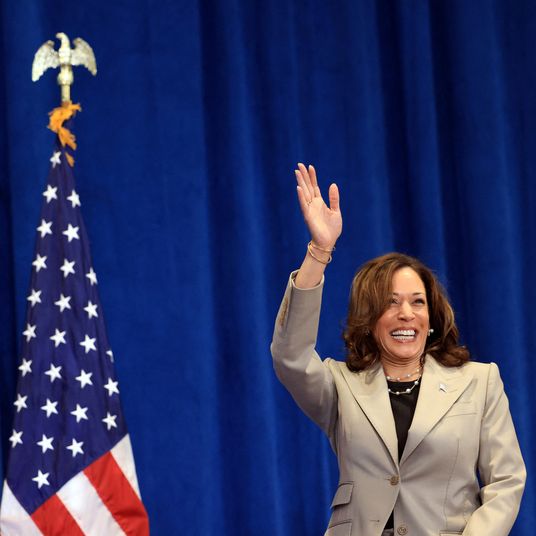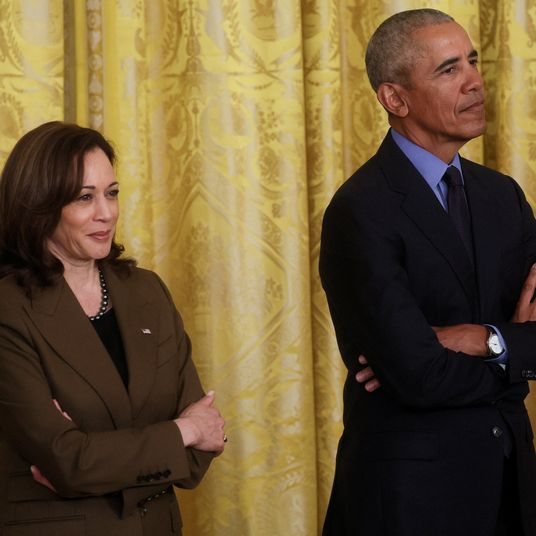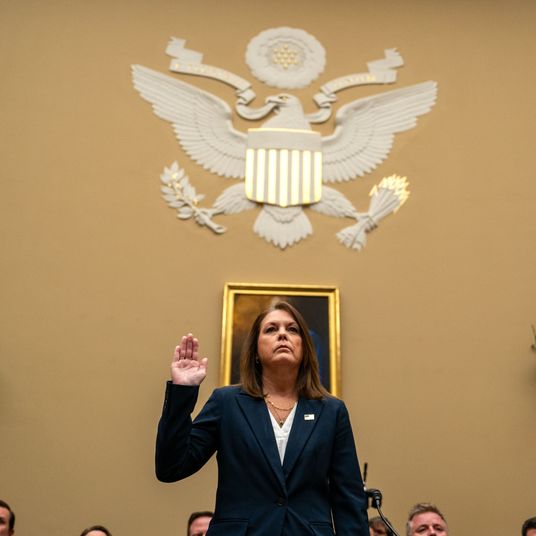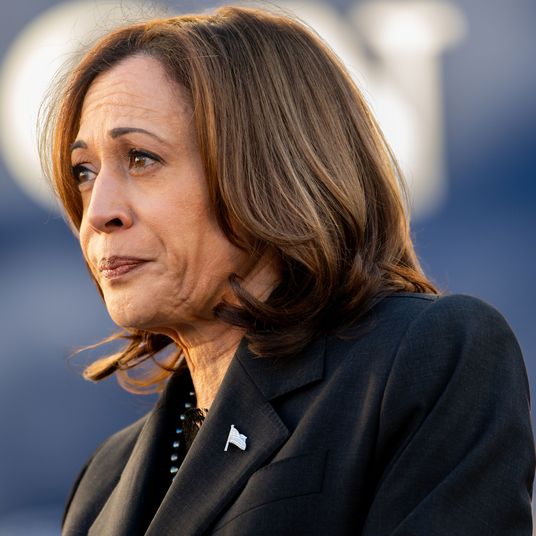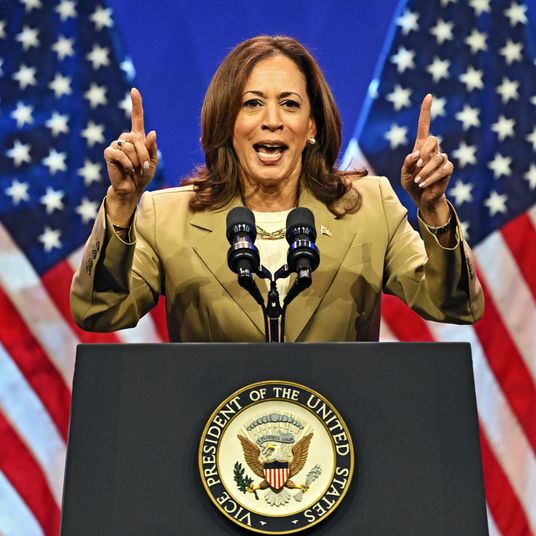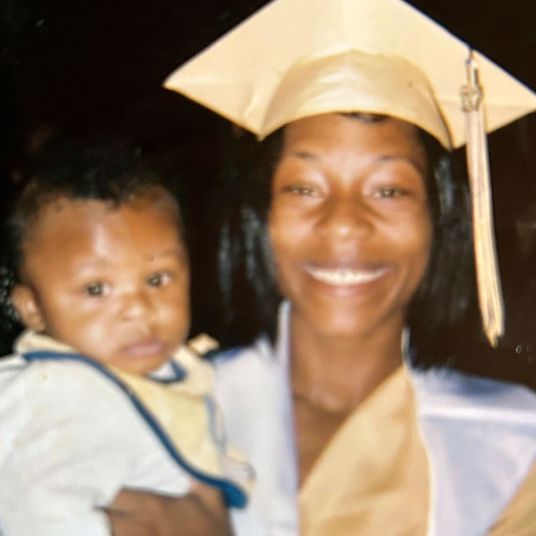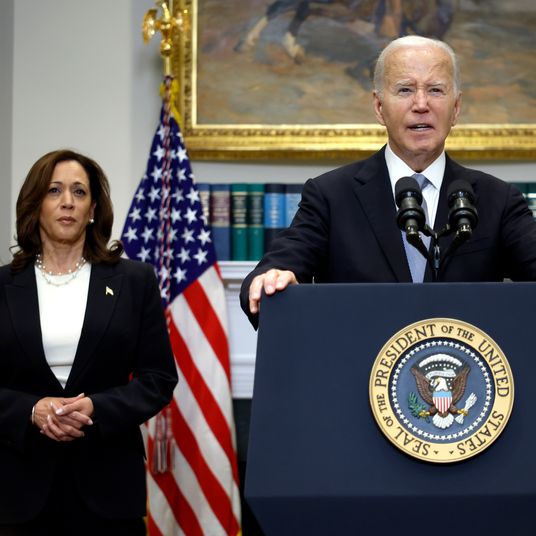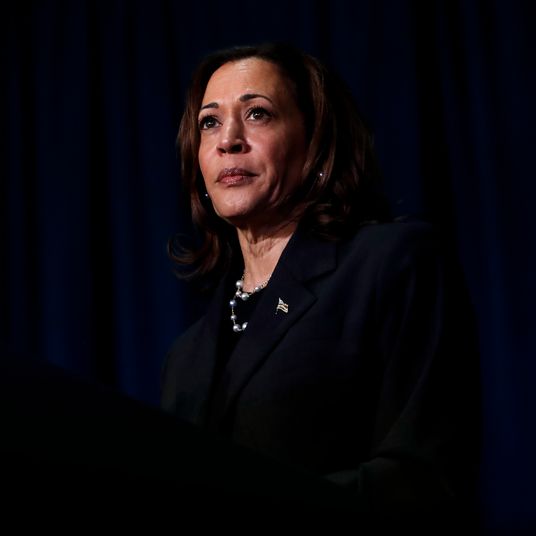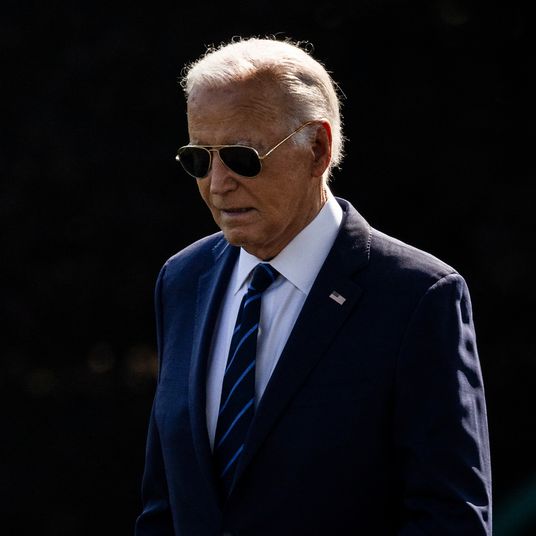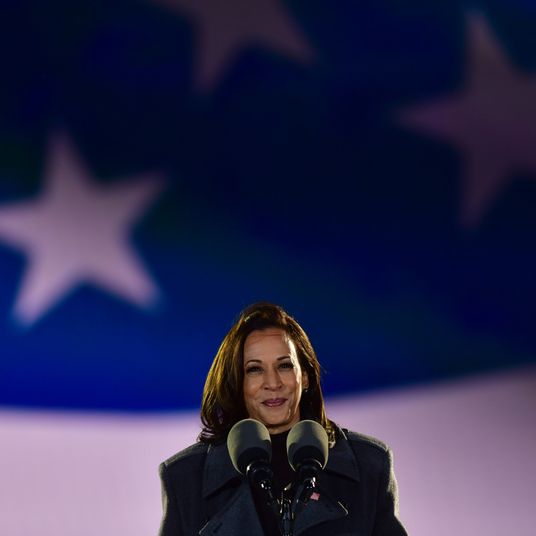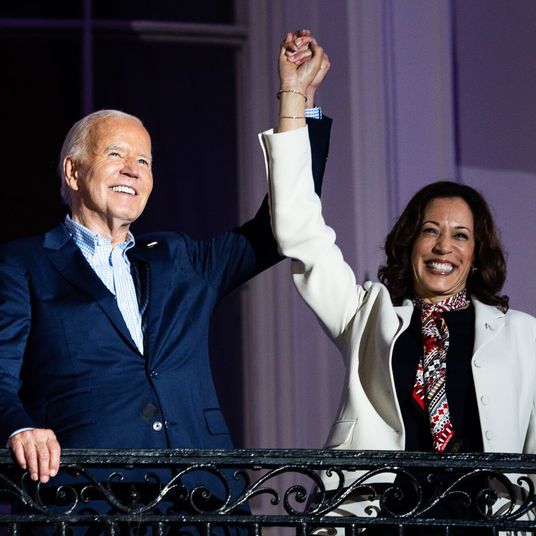
Starting next month, Florida will ban nearly all abortions. Women in Florida, the second-largest provider of abortion care in the nation — just behind California, according to advocates — will be subject to stringent restrictions that resemble those in states like Texas. The South will lose one of its few remaining safe havens for abortion care. A woman in Miami, for example, may have to travel as far as North Carolina for the procedure.
They can thank have Republicans and the Florida Supreme Court. In decisions released on Monday, the state’s highest court upheld the state’s 15-week abortion ban and allowed a six-week ban to go into effect in 30 days. But a separate decision offers abortion supporters some hope: In November, the public has a chance to remove the restrictions.
Voters will get to decide on Amendment 4, which would amend the state constitution to prohibit abortion restrictions before viability and essentially restore Roe v. Wade. If the initiative gets the 60 percent support required by law, Florida would go from a near-total ban on abortion to becoming a haven for reproductive rights in the South.
Leading the fight is Yes on 4, a campaign supported by a broad coalition of Florida groups and carried out both by seasoned campaigners and first-time volunteers. First, campaigners had to collect 891,523 signatures from the public to get the initiative approved for the ballot — they got 1.45 million. Then the Republican attorney general sued Floridians Protecting Freedom, the umbrella group behind Yes on 4, arguing that the initiative’s language was “impermissibly vague and misleading.” On Monday, the state’s high court disagreed.
“We’re really proud of our language because we believe that it’s clear and concise and that it’s way easier to understand than many ballot initiatives,” Lauren Brenzel, the campaign director for Yes on 4 told me in February, before the court issued its ruling. “We also worked really hard to make our language constitutional.”
Now, Yes on 4 is working to convince millions of voters to protect abortion access, beginning with a statewide rally on April 13. They think voters are ready to listen, too, no matter which political party they happen to support. “Unfortunately Floridians do get a bad reputation for our politicians, but the people absolutely care about abortion access,” said Taylor Aguilera, the campaign’s organizing director who previously worked on campaigns in Georgia before deciding to fight for abortion access in her home state. “There’s plenty of people who are out here who do support abortion access regardless of their party affiliation.”
The coalition behind Yes on 4 is a big tent. Not only does it include the usual liberal groups, like Planned Parenthood, and the ACLU of Florida, the powerhouse union 1199 SEIU backs the measure, too. Aguilera said that Republicans and independents are also involved, and bipartisanship is important to the campaign. If the measure wins in November, it’ll be because a number of Republican voters decided to support it. Some national Democrats think the initiative might even help tilt Florida into Joe Biden’s hands come November, though campaigners themselves are quick to stress the bipartisan nature of their efforts.
If passed, the ballot initiative could eliminate time-based bans on abortion, and prevent new ones from coming into force, Brenzel explained. The state already intervened heavily in the abortion process before the high court allowed the six-week ban to go into effect on May 1. Governor Ron DeSantis signed into law a 15-week restriction, with few exceptions, in 2022. “Our medical exemptions here are incredibly limited,” said Brenzel, who started out working the front desk at a Planned Parenthood in her early 20s and has worked in reproductive rights ever since. Two medical providers must confirm a fatal fetal abnormality before a woman can procure an abortion. “And these are the kind of things that I think sound sensible to folks who are not involved in patient care, but the reality is finding two fetal-medicine specialists or finding a hospital that’s not worried about that kind of liability in many regions across the state can be impossible,” she added. Women were already denied care under those conditions.
When the six-week ban goes into effect, tens of thousands of people may have to leave the state for care. “We have 84,000 patients a year here,” Brenzel said, adding that most come from within the state. “So there’s nowhere for those folks to reasonably go. Our state is surrounded by water, and then abortion-ban states, six weeks or total-ban states.”
After clearing the high court, the amendment’s success will rely heavily on volunteers to carry its message to the public, such as Alexis Hobbs. A second-year student at the University of South Florida in St. Petersburg, she got involved with the campaign last year and helped start a chapter of Planned Parenthood Generation Action on her campus. “The year that I moved to St. Petersburg was the year that Roe v. Wade was overturned, and I was starting college at the same time,” she explained.
That was stressful, she added, because she didn’t know what the landscape for reproductive freedom would look like after Dobbs. Hobbs decided to get to work, and in doing so, joined a long line of activists. As she collected signatures for Yes on 4, she encountered older women who’d fought for Roe v. Wade in their own time. “Now they’re older, and they’re very much disheartened that this has to be done again, but very much proud that women are continuing this line of work,” she said. “So seeing them, getting their signatures, and hearing their stories was amazing.”
She also believes the amendment has bipartisan appeal and polling suggests she is right. A November 2023 survey from the University of North Florida’s Public Opinion Research Lab put public support for the amendment at 62 percent. “We had people from all walks of life. No matter what their thought process was, they just believed that the government should not be interfering with women’s bodies,” Hobbs said, adding, “This is not a political issue, this is a health-care issue.”
Young people, too, can make all the difference. “My organization collected around 500 petitions, and I would say 75 percent of them were young people,” she said. Hobbs once thought her reproductive rights were protected. Then, as she entered adulthood, she learned that she could lose them. “That’s the way a lot of young people feel,” she continued. “And they don’t want to live out their entire adulthood this way. They want to be protected.”
Even if the measure succeeds, implementation in conservative Florida could pose yet another challenge. “Obviously there were lots of interesting nuggets in the ballot-initiative opinion about what would happen if the ballot initiative passes,” explained Mary Ziegler, a professor of law at the University of California, Davis, who studies the law and history of reproductive rights in the United States. “So some of the justices were arguing that the rules of standing should change in ways that would make it hard for anyone but an actual abortion-seeker to challenge a law.”
Others raised questions about fetal personhood, though Ziegler said that it seems “a little ambiguous how the justices would vote on that.” Ziegler added that Chief Justice Carlos G. Muñiz and some of his colleagues believe that “that the word person in Article I of the Florida constitution applies to fetuses,” which sets up a potential problem. “So then the question would be, well, if you pass the ballot initiative, does that trump some conclusion that fetuses are persons or not?” she said. “How would the court resolve that if they think that that’s true? And I don’t know the answer to that.”
For now, though, ballot initiatives like Yes on 4 are one way for supporters of abortion rights to fight back against assaults on reproductive freedom. Previous referendums in states like Ohio and Kansas — not known as bastions of liberal politics — offer campaigners reason to believe that Florida, too, may choose abortion rights in November. “When you look at the humanity of these bans and who they’re actually affecting, and that they’re happening in our own backyards, it’s really hard to continue to hide behind the partisanship that people want to cling to when the word abortion comes up,” said Aguilera. “These are everyday Floridians who are being affected by these harmful policies.”










